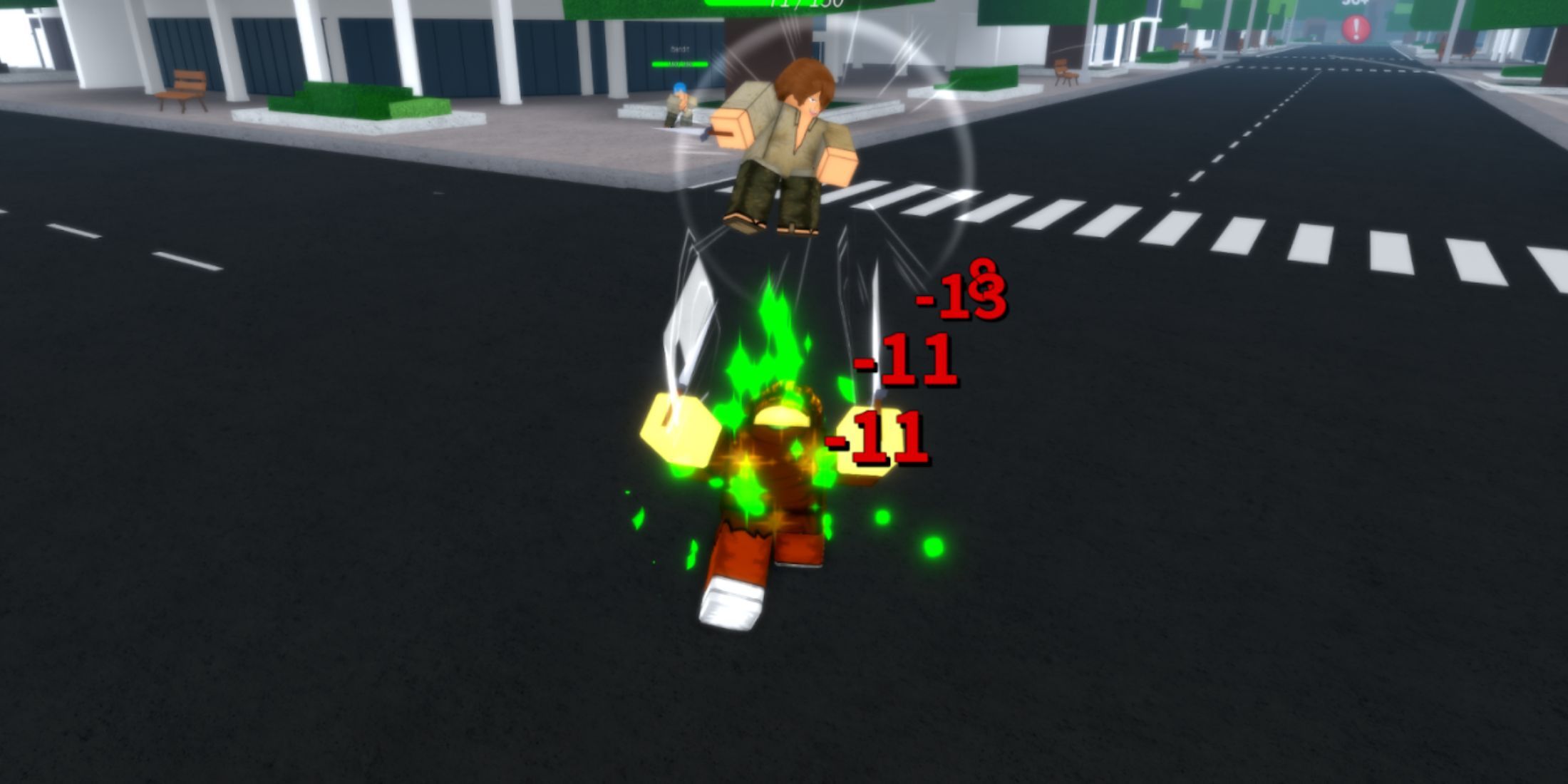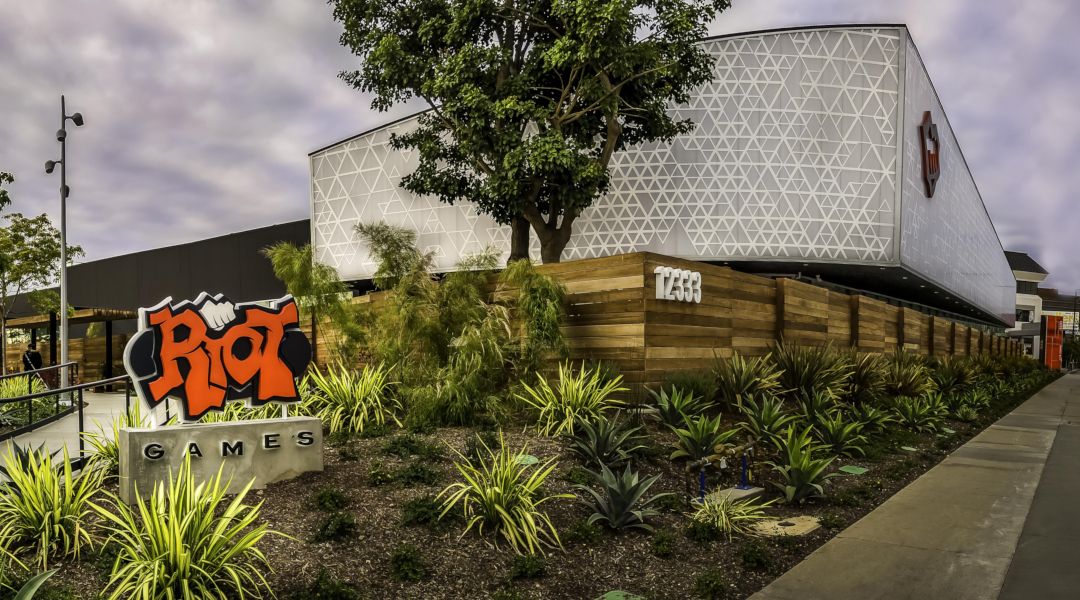Employees at League of Legends developer Riot Games are staging a walkout at the studio's headquarters, as previously promised. The Riot Games walkout is a demonstration in response to Riot Games' decision to force employees pursuing lawsuits tied to sexual harassment, retaliation, and gender discrimination into forced arbitration. The walkout appears to be the first of its kind at a major gaming studio.
The Riot Games walkout began Monday afternoon at 2:00 pm PT, kicking off an event that includes scheduled speeches from organizers, supporters, guests, and an open mic period for employees to let their voices be heard. After a window of time provided for small group discussions, the walkout will end at 3:55 pm. What was initially reported to be participation by near 100 employees appears to have grown well beyond that.
Riot employees had previously threatened a walkout following news that the company was forcing several employees pursuing lawsuits tied to sexual harassment, retaliation, and discrimination into forced arbitration. Forced arbitration is a system by which employees are denied legal recourse and must resolve issues via a company-recommended arbitrator. The walkout's leadership states that forced arbitration puts employees at a disadvantage, particularly women and minorities who disproportionally are victims of harassment, and Riot's support of forced arbitration is yet another symptom of the unhealthy culture the company is trying to move forward from.
Riot's response to the threat of a walkout was to offer an "opt-out" option for future employees once current arbitration was concluded. Walkout supporters, in response, are asking Riot leaders to end forced arbitration in all past, current, and future employee contracts effective immediately.
The latest update for Riot is that the company supports its employees' choices to participate in the walkout without fear of retaliation. However, it has no current plans to change the forced arbitration policy beyond what it has previously offered.
Organized efforts by workers within the video game industry are rare events but may become a more common sight in the years to come. An increased focus within the media has shed light on worker conditions and many different game development studios, revealing instances of sexual harassment and discrimination as well as overworking (crunch culture at developers). Riot Games' response to its employees' Walkout may set the tone for how these efforts are viewed in the public eye for the foreseeable future.




